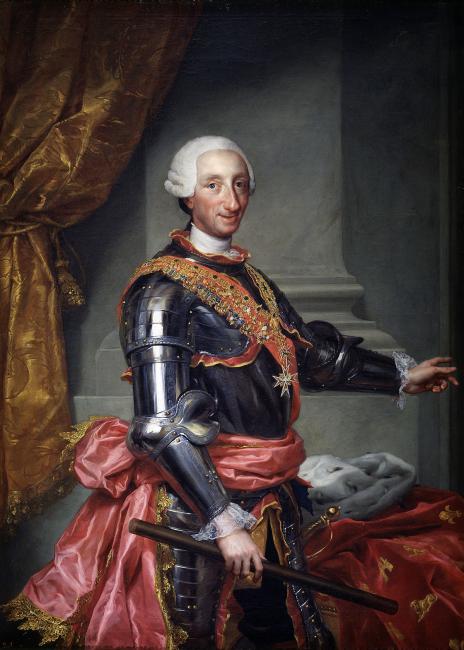When the Bourbon family ascended to the Spanish throne, the need arose in the metropolis to undertake a series of administrative, fiscal and military reforms inspired by French absolutism and enlightened despotism, which main objective would be to consolidate the authority of the Spanish State and increase the income of the royal coffers. However, the reforms began in the first half of the 18th century, the most important changes took place during the reigns of Charles III (1759-1788) and Charles IV (1788-1808).
In the Province of Honduras, the reforms came into force in 1788, these causes are reflected in six fundamental objectives: 1) Stimulate communications and trade with other colonies and with Spain. 2) Limit ecclesiastical power, attacking the property and privileges of the Church. 3) To support provincial producers in their complaints against Guatemalan and Cadiz merchants. 4) Create a system of intendancies to suppress corrupt officials. 5) Reform the tax structure in order to finance the growing governmental power. 6) Increase military spending to avoid British presence in Central America.




